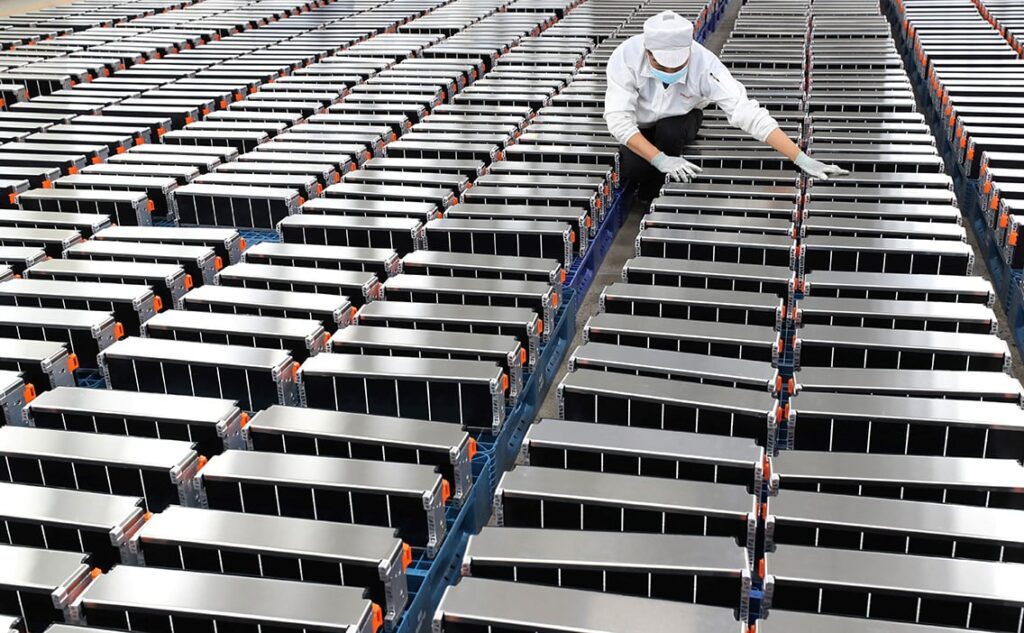
Africa stands at a pivotal juncture where its long-term aspirations, framed in Agenda 2063 and aligned with the Sustainable Development Goals, must evolve from planning to tangible implementation. The focus has shifted from drafting strategies to executing finance-ready projects that generate jobs, stimulate industry, and enhance public services. At the heart of this transformation is the African Development Bank (AfDB), under the leadership of its newly elected President, Dr. Sidi Ould Tah, who has outlined four priorities: listening to member states, fast-tracking reforms, deepening partnerships, and transforming plans into operational outcomes.
With an expanded capital base of $318 billion and a $750 million hybrid capital instrument, the AfDB is strengthening its capacity to finance Africa’s infrastructure, energy, and industrial ambitions. The Bank’s 2024 Annual Report records a 5.5% increase in approvals and the highest disbursement levels in four years, signaling momentum toward delivery and measurable impact. Collaboration with other multilateral development banks (MDBs), including BADEA, is further amplifying resources for concessional and blended financing.
Africa’s growth potential remains robust, with the IMF projecting 3.8% growth in 2025 and 4.2% in 2026—conditional on addressing energy, logistics, and fiscal bottlenecks. Initiatives like the Mission 300 Partnership and Desert-to-Power demonstrate the AfDB’s tangible impact, extending electricity to rural communities and improving livelihoods. Similarly, trade-enabling projects such as the Kazungula Bridge and Ethiopia’s Hawassa Industrial Park highlight how infrastructure directly supports commerce, job creation, and industrial development.
Morocco’s industrial policy offers a compelling example of national alignment with continental priorities. Its auto manufacturing success—anchored in strong industrial ecosystems and special economic zones—has attracted major investments from Gotion and Stellantis, making Morocco a regional hub and a model for translating Agenda 2063 into action. The AfDB’s broader agenda also emphasizes inclusion, with dedicated initiatives like AFAWA, which provides women entrepreneurs with access to finance, and the Climate Action Window, which mobilized $429 million in its first year to promote resilience.
Ultimately, Africa’s transformation hinges not only on capital but also on governance, transparency, and accountability. Ensuring that financing translates into real impact requires efficient procurement systems, strong institutions, and youth-driven workforce strategies. With Africa’s working-age population projected to rise by 400 million by 2050, the continent’s ability to convert demographic growth into economic dividends will determine whether “The Africa We Want” becomes a lived reality or remains a deferred dream.
